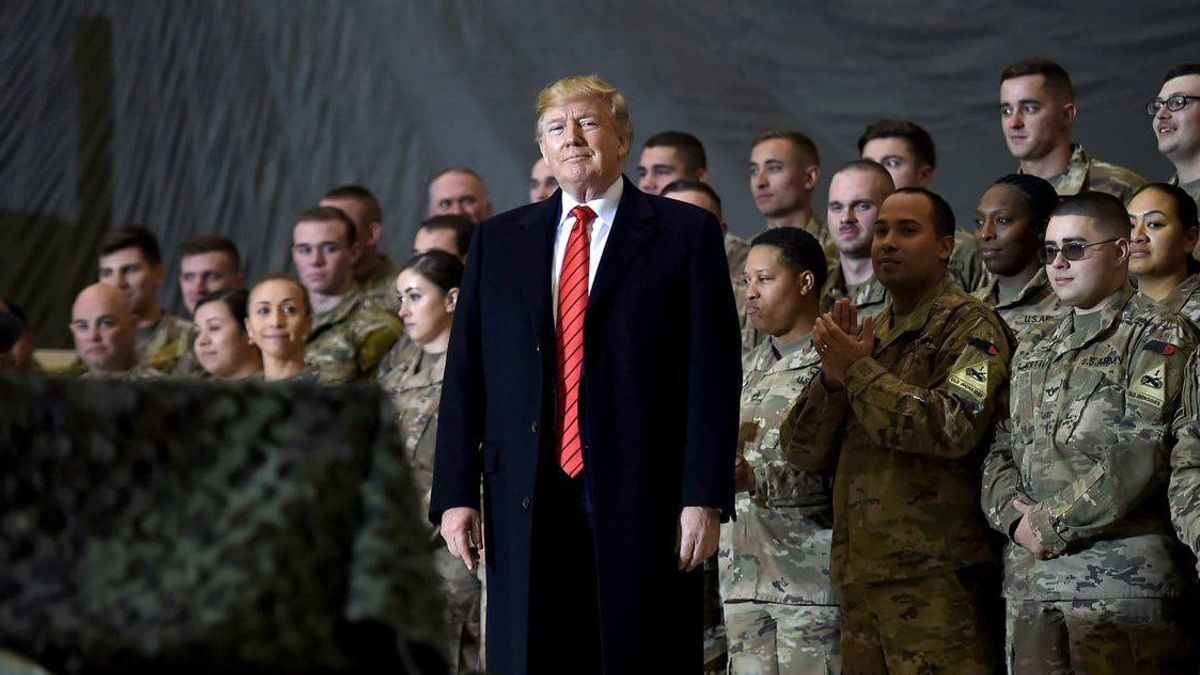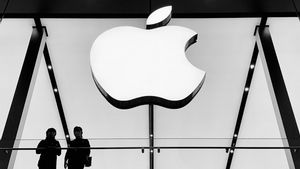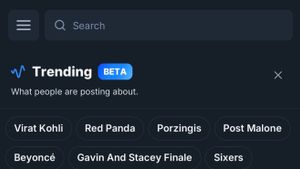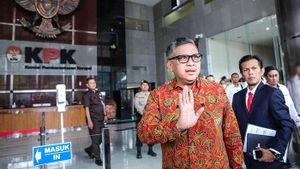JAKARTA The President-elect of the United States, Donald Trump, asked the US Supreme Court to postpone the implementation of a law that could potentially ban popular social media app TikTok or force its owner, ByteDance, to sell the platform. Trump argued that he needed time after taking office to find a "political solution" to this issue.
The Supreme Court is scheduled to hear arguments in this case on January 10. The law, passed by the US Congress in April, requires ByteDance to sell TikTok to American companies before January 19, 2025, or the app will be banned in the US.
TikTok, with more than 170 million users in the United States, has been working to get the law overturned. If the Supreme Court does not support TikTok and ByteDance fail to divest, the app could be banned the day before Trump officially takes office.
Trump's request this time showed a drastic change in his attitude in 2020, when he attempted to ban TikTok and force sales to US companies because of his China-based holdings. Now, Trump has even met TikTok CEO Shou Zi law last December and stated that he has a "warm feeling" of the app. He also said TikTok gave him billions of views during his presidential campaign.
"President Trump did not take a top position on the core of the issue in this dispute," said his lawyer, D. John Sauer, who is also a candidate for US General Solidator in the Trump administration. He added, "However, Trump asked the Supreme Court to postpone the divestment deadline on January 19, 2025, so that his government has the opportunity to seek political resolutions on this issue."
BACA JUGA:
The US Department of Justice and the majority of lawmakers continue to support TikTok's ban or divestment, arguing that China's ownership of the app poses a continuing national security threat. TikTok, on the other hand, rejected these allegations by stating that US user data was stored on Oracle servers in the United States, and content moderation decisions for US users were made in the US.
However, advocacy groups of free speech stated that the law reflects censorship regimes similar to authoritarian countries that are US enemies.
Meanwhile, Montana Attorney General Austin Knudsen, along with the state's 22 attorney generals coalition, have submitted legal documents in favor of the national law and urged the Supreme Court to defend it.
TikTok has not commented on this latest development.
The English, Chinese, Japanese, Arabic, and French versions are automatically generated by the AI. So there may still be inaccuracies in translating, please always see Indonesian as our main language. (system supported by DigitalSiber.id)













